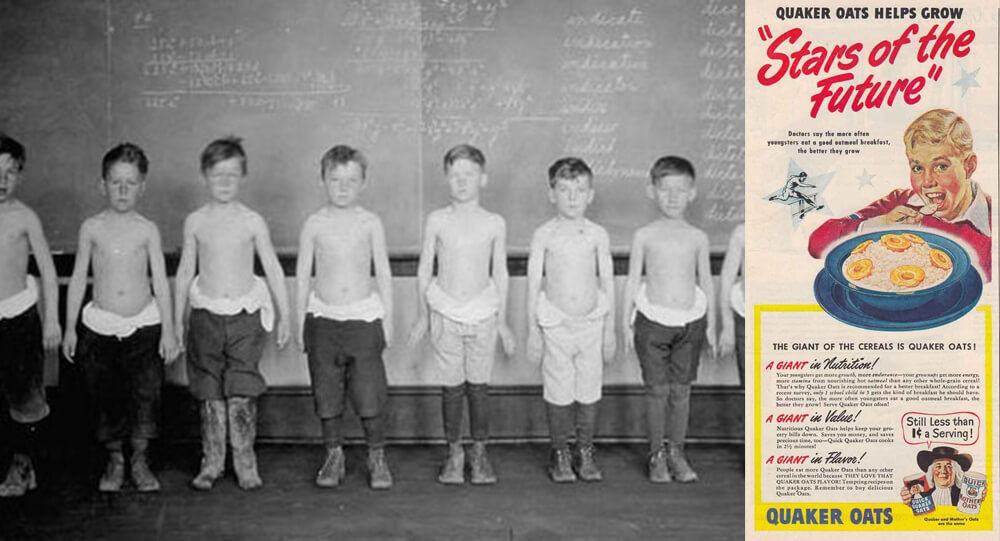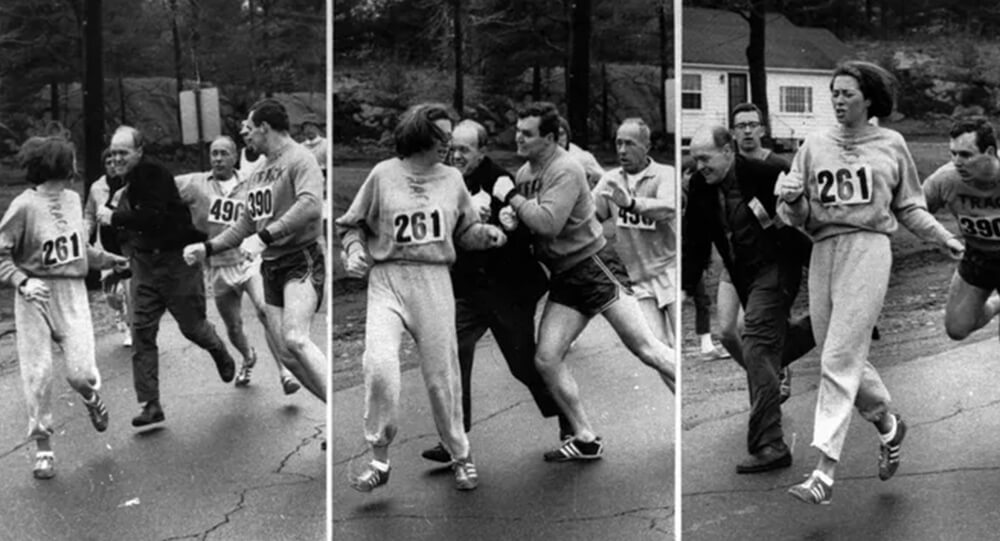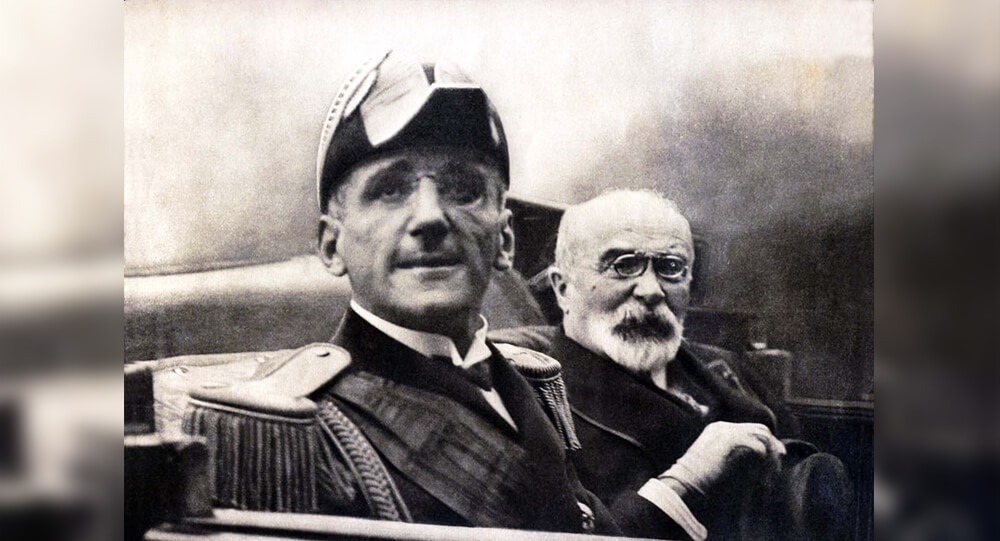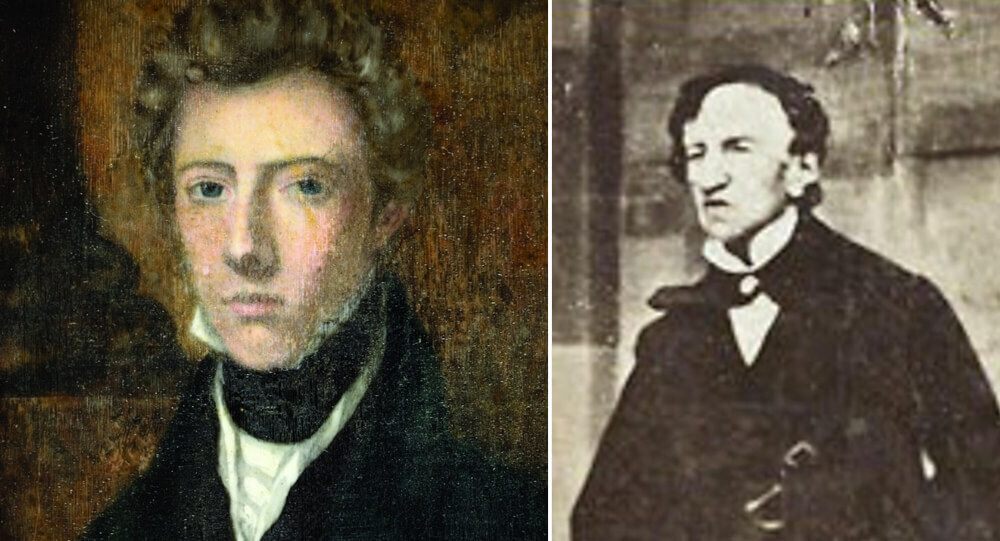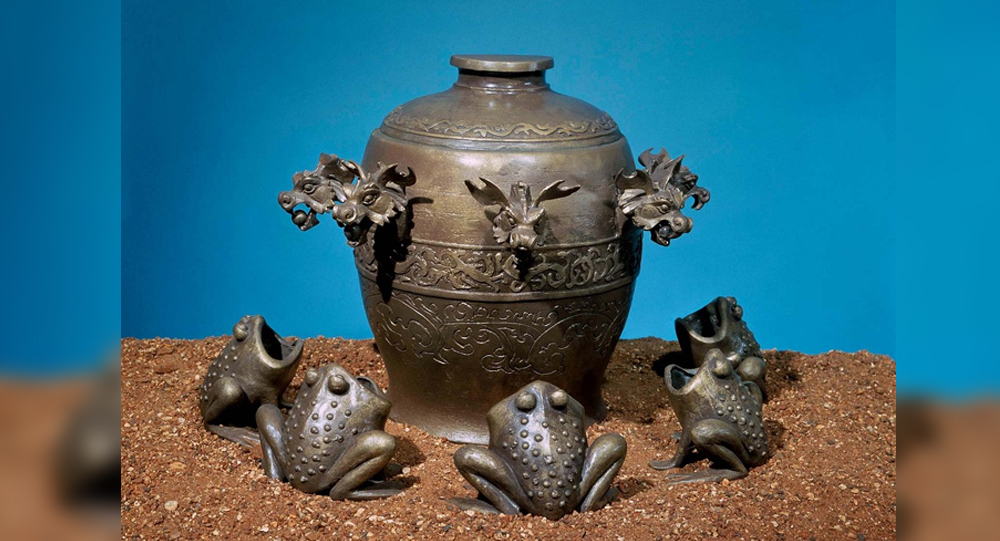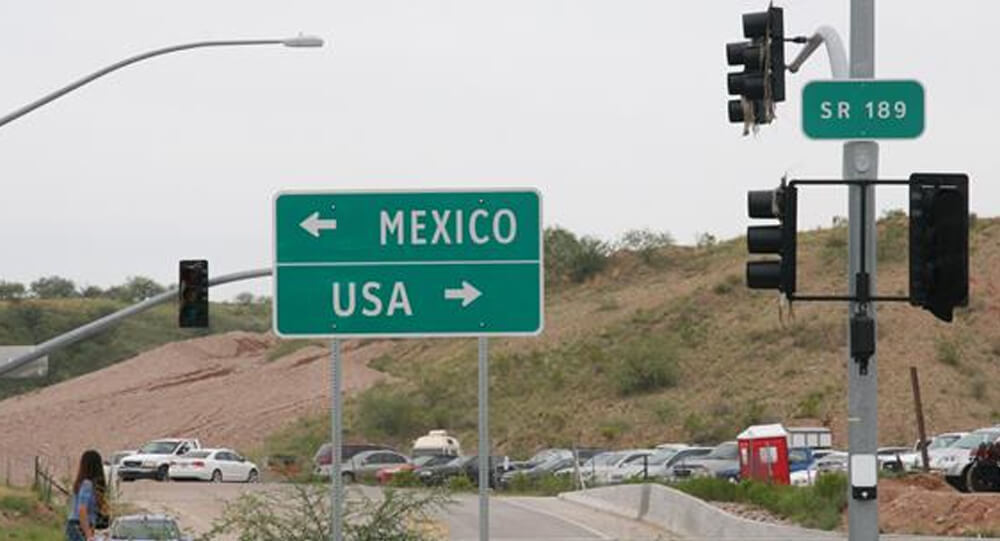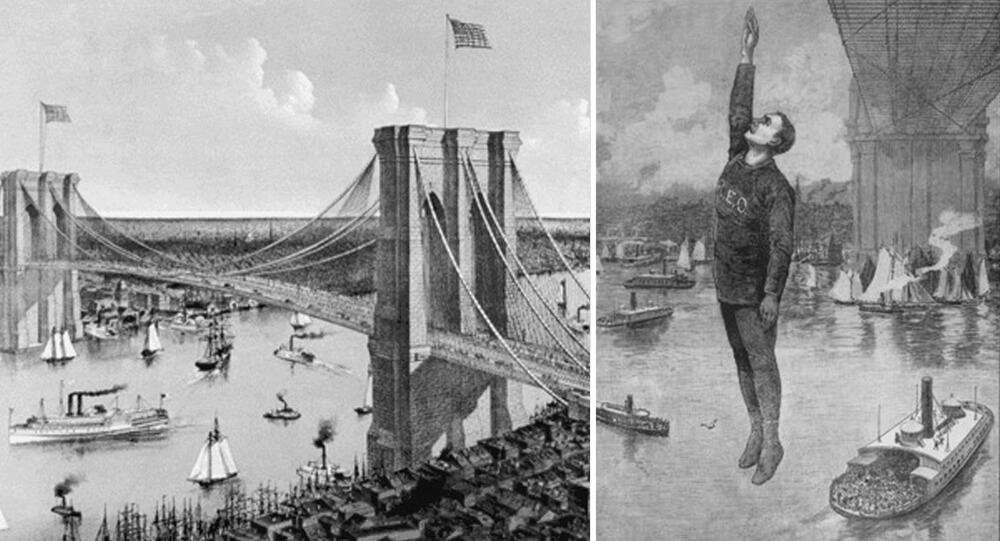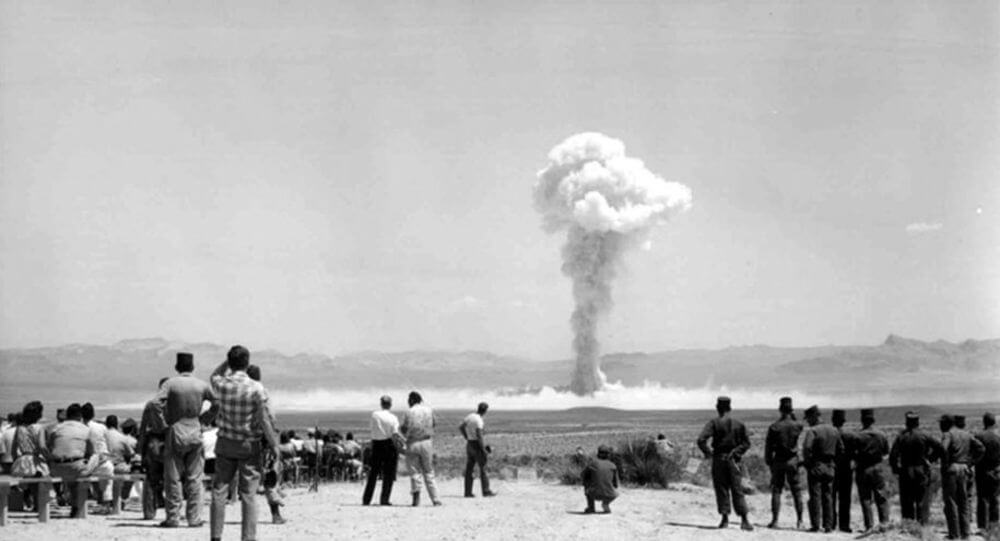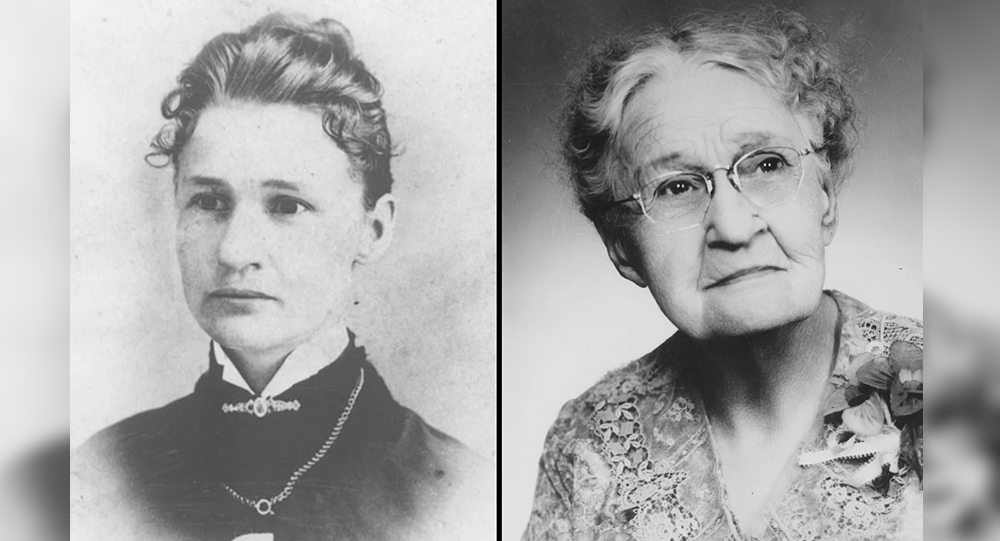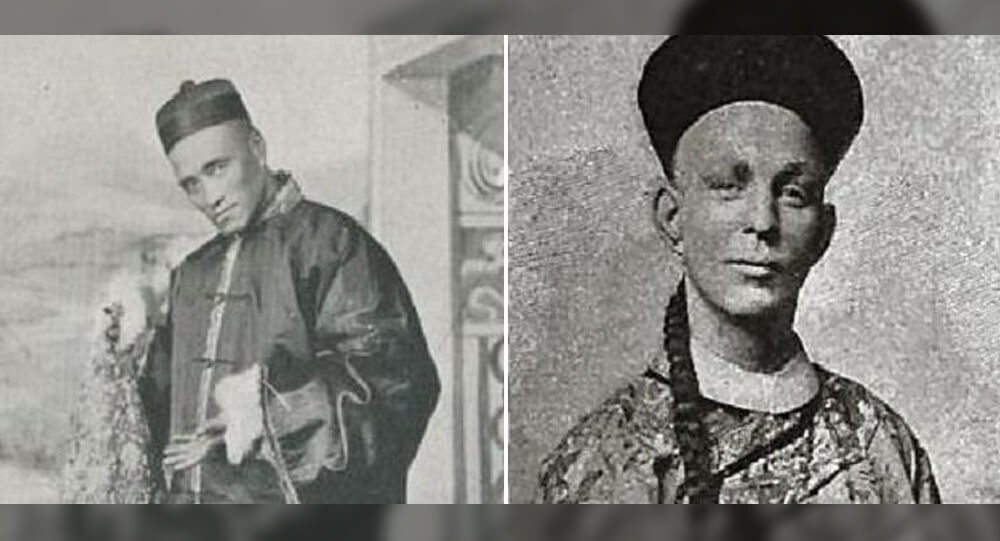


The Chinaman Ching Ling Foo allegedly offered his rival Chung Ling Soo a reward of 1,000 pounds if he could pull off ten of Ching’s twenty tricks, according to newspaper accounts from the year 1905. They changed the time and location, but Ching did not show. As a result, it got to the point where newspapers began to blow up. The story was told in various ways by media professionals. On January 10, 1905, the Hull-based Daily Mail made the amusing claim that Chung “made his rival invisible”:
The Mandarin of the One Button, Chung, however, waited in vain for Ching. The smile on Chung’s face grew wider the longer Ching was gone. Ha! ha! He chuckled. He had achieved the unthinkable. He had rendered his opponent invisible. ”

The majority of the London newspapers appeared to support Chung Ling Soo. The Weekly Dispatch furthered the narrative by asking, “Did Foo fool Soo?”, or “Can Soo bring a claim against Foo?These questions would be rather entertaining to English readers who were already perplexed by Ching and Chung’s ambiguous names. Even though Ching Ling Foo and Chung Ling Soo are two names that are easily recognizable in Chinese, they have a tongue twister that caused a lot of controversy. The Sunderland Daily Echo described “this Mongolian” as “of colossal stature and elephantine grace” and “one of the greatest conjurers in the world” on March 30, 1903. Ching Ling Foo was his stage name.
Ironically, Chung Ling Soo’s birthplace of New York City is where Ching Ling Foo first became wealthy. His mystifying feats at Keith’s Union-square Theatre astounded American spectators. From the beginning to the end of his performances in 1899, the London-based The Era provided coverage. The newspaper gave Ching’s show high marks in a story from September:
The Chinese juggler and magician Ching Ling Foo continues to head the lineup at Keith’s Union-square Theatre. “His whole ‘bag of tricks’ are extremely mystifying, and the house has been packed to the doors during his engagement,” the theater reports.

Ching’s “bags of tricks” include breathing smoke and fire, slipping a razor-sharp knife blade through his nose, tossing a sizable shawl into the air before letting it land on the ground to reveal a large bowl of water with an apple on it (or occasionally a child), etc. These well-known feats have been performed in China for more than a thousand years, and during the Song Dynasty (960–1279 AD), they were performed in various playhouse yards alongside other performances like acrobatics, shadow puppetry, sword play, and zaju (a dramatic form unique to the Song Dynasty).
Artists in this field, along with actors in traditional Chinese drama, must undergo rigorous training from an early age and maintain rather stringent discipline throughout their careers, with pride and honesty placed among the fundamental values. Ching Ling Foo was raised in a highly professional environment and despises forgeries and imposters. It partially explains why he hurried to challenge Chung Ling Soo to a battle of honor and truth.
The American, Chung, whose real name is William Robinson, claimed to be Chinese and tried to project that image by dressing up in Ch’ing Empire-era costumes in public. He even used an English interpreter at various social gatherings because he made a point of not being able to speak English. Chung Ling Soo achieved success as “the Original Chinese Conjurer” by using all of these methods to persuade Europe as a whole of his Chinese identity.
The competition turned into a public fight when Ching arrived at the Empire, which was a hundred yards from the Hippodrome where Chung had begun to perform. Both magicians had advertised themselves as “the Original Chinese Conjurer” on similar-sounding posters.
The Evening News on December 30, 1904, might have swayed public opinion in the opposite direction from newspapers that had criticized Ching Ling Foo’s absence on the day of combat in the years leading up to 1905 with its rather thought-provoking story:
Ching Ling Soo, a Chinese magician who performs at the Hippodrome, declines Ching Ling Foo’s challenge to a public competition on the grounds that his dignity is too sublime.
As a result, Chung declined the challenge before the fight, which inevitably resulted in his absence. Who is lying if Chung failed to appear for his “sublime dignity”? The narrative then continues.

Hopefully, recent evidence from the author will demonstrate that self-described “the Original Chinese Conjurer” Chung Ling Soo lied about his ethnicity. He did not even know how to write his Chinese name when he visited Shakespeare’s Birthplace on October 5, 1904; the family name was barely a Chinese character, and one of the first names was horribly misspelled. In contrast, Ching Ling Foo’s signature on the Visitors Book, which is dated July 31, 1914, roughly ten years later, gives him credit for having a more certain Chinese identity. The “Original Chinese Conjurer,” also referred to as Empress Dowager Cixi’s Conjurer, is said to have made it.


How Greek prime minister in 1830’s tried to spread the potato in Greece
A Greek prime minister in 1830’s tried to spread the potato in Greece but people weren’t interested so he put armed guards in front of shipments of potatoes so people would think they were important. People later started stealing these potatoes a lot which spread the crop to all of Greece.

Reason Behind The Suicide Of Christine Chubbuck Live On Air
Actor Rebecca Hall had serious reservations about tackling the macabre story around why Chubbuck killed herself in 1974. So what changed her mind?

Quaker Oats Fed Children with Radioactive Oatmeal
In the 1940s and 1950s, Quaker Oats and MIT conducted experiments on radioactive iron and calcium-containing cereal. The diet was part of a study to see if the nutrients in Quaker oatmeal traveled throughout the body. In January 1998, a $1.85 million settlement was reached for 30 victims who came forward.

The Horrific story of Ariel Castro and the Cleveland abduction
Cleveland abduction victims Gina DeJesus, Michelle Knight, and Amanda Berry were forced to live in Ariel Castro's house of horrors for 10 years. He raped and beat them until they escaped in 2013.

Jack the Baboon operated a railroad, earned a living, and never made a mistake
A baboon worked as a signalman for the railroad in the late 1800s. He never made a mistake and worked for the railroad until the day he died.

The Arabia Steamboat: Unearthing a 19th Century Time Capsule from the Missouri River
The Arabia was a steamboat that sank in the Missouri River in 1856. Over time, the river shifted 800 meters to the east, eventually turning the site of the sinking into a field. The steamboat remained under 45 feet of slit and topsoil until 1988, when it was excavated. The mud, as it turned out, was such a great preserver that most of the artifacts on board were found to be intact. They even found jars of preserved apples that were still edible!

Story of Kathrine Switzer: the first woman to run in Boston Marathon
Before women were allowed to run in the Boston Marathon, Kathrine Switzer participated. A race official attempted to forcefully remove her from the race in 1967, but her boyfriend pushed him down. She was the first female finisher who had a numbered entry in the race.

The Baltic Way: the longest unbroken human chain in history
On August 23, 1989, about 2 million people from Latvia, Estonia, and Lithuania formed a human chain that united all 3 countries to show the world their desire to escape the Soviet Union and the communism that brought only suffering and poverty. This power stretched 600 km.

how Ferris wheel invented
In 1891, Chicago challenged engineers to create a structure to surpass the Eiffel Tower for the World's Columbian Exposition. George Washington Gale Ferris jr. responded with the original Ferris Wheel, a giant rotating structure elevating visitors above the city. This invention became an iconic attraction at the fair.

The Assassination Of King Alexander
The assassination of King Alexander of Yugoslavia marked a pivotal moment in the country's history. This article delves into the rise and reign of King Alexander, exploring his early life and ascension to the throne. It also examines the political and social climate in interwar Yugoslavia, setting the stage for the tensions and challenges that ultimately culminated in his tragic assassination. By understanding the context in which this event unfolded, we can better grasp the significance and impact it had on the nation and its future.

The youngest person executed, George Stinney Jr was proven innocent
In 1944, George Stinney Jr. was 14 years old when he was executed in South Carolina. It took only ten minutes to convict him — and 70 years to exonerate him.

The mysterious secret of Dr James Barry
Before women were allowed to enroll in medical school, Margaret Ann Bulkley studied medicine and assumed the identity of Dr. James Barry for 56 years while dressing as a man. After 46 years of service as an army doctor officer, her secret was not made public until after her death in 1865.

Titanoboa cerrejonensis, fossils of the world’s largest species of snake
In 2009 in a coal mine of Columbia, scientists discovered fossils of the world’s largest species of snake. The species is called “Titanoboa cerrejonensis,“and it is from around 60 million years ago. It would have had measured about 48 feet long and weighed about 2,500 pounds

The World’s First Seismograph: How Ancient China Detected Earthquakes 1,800 Years Ago
Over 1,800 years ago, long before modern technology, the ancient Chinese astronomer and inventor Zhang Heng created the world’s first seismograph in 132 AD. This ingenious bronze device could detect distant earthquakes by releasing small balls from dragons’ mouths into toads’ mouths—each indicating a different compass direction. Its historic detection of an earthquake 400 miles away astonished the imperial court and transformed the way societies understood and responded to seismic events.

Underground Railroad to Mexico freed thousands of slaves in 1829
Slavery was abolished in Mexico in 1829. Slaves were escaping to Mexico, and slaveholders in the US were aware of this. The US attempted to get Mexico to sign a fugitive slave treaty, which would have required Mexico to send back escaped slaves to the US. But, Mexico refused, arguing that slaves were free as soon as they set foot on Mexican soil.

Top 10 most cruel medical procedures that are being used today
We are all aware that medicine has advanced dramatically over the last fifty years. There are several modern medical approaches available today, but this was not always the case. However, the past of medicine is a dark one. Medical leeches, lobotomy, vascular surgery, cranial stenosis, and even electroshock therapy are all options. These are only a couple of the cruel healing techniques that are still in use today.

Before Radar: How Giant Acoustic Mirrors Detected Enemy Aircraft in WWI and WWII
Long before radar revolutionized air defense, enormous acoustic mirrors and specialized sound locators stood as the first line of defense against enemy aircraft. Designed as giant “ears,” these structures amplified distant engine noises, allowing operators to detect incoming planes by sound alone. Dive into the intriguing world of these pioneering listening devices, their operation, limitations, and enduring legacy in military history.

Robert Odlum, the first person to jump off the Brooklyn Bridge
The first person to jump off the Brooklyn Bridge was a professional high diver who "wanted to demonstrate that people did not die simply by falling through the air, thus encouraging people to be willing to jump from a burning building into a net." He proved himself correct by safely falling 135 feet through the air and dying only when he hit the water.

The incredible story of Julia "Butterfly" Hill and her legacy
American environmental activist Julia “Butterfly” Hill lived in a 1500-year-old California Redwood tree for 738 days to prevent it from being cut down by the Pacific Lumber Company. The Simpson’s episode “Lisa the Tree Hugger” was inspired by Hill’s story.

Atomic Tourism: In the 1950s, nuclear tests in Las Vegas served as a draw for tourists
Between 1950 and 1960, Las Vegas offered “Atomic Tourism” in which guests could watch atomic bombs being tested in the desert as a form of entertainment.

The Amazing Truth About The German U-Boat That Was Sunk By A Toilet
During WWII, a German captain and an engineer flushed the submarine's high-tech toilet incorrectly, causing the vessel to rapidly fill with water. British planes patrolling the sea attacked them as the submarine was brought to the surface. While many members of the crew were killed in the attack, the captain escaped!

The Forgotten Story of Semipalatinsk and the Soviet Nuclear Experiments
Between 1949 and 1989, the Semipalatinsk Test Site in Kazakhstan became the primary location for Soviet nuclear weapons tests, exposing millions of unsuspecting villagers to radioactive fallout. Known as the “Polygon of Suffering,” this remote desert witnessed 456 nuclear detonations that caused widespread health crises, birth defects, and generational genetic damage. This article narrates the chilling legacy of Semipalatinsk, unveiling the human cost of Cold War arms development and the ongoing struggle for healing and recognition in Kazakhstan.

Nicholas Winton ‘British Schindler’: Man who rescued 669 Czech children from Nazis
A man named Nicholas Winton saved 669 kids during WWII and lived almost all his life without letting people know.

Susanna Salter: The Trailblazing Story of America’s First Female Mayor
In 1887, Susanna Salter became the first female mayor in the United States, elected in Argonia, Kansas. Her nomination was initially a prank by men opposing women in politics. However, she won by a landslide and served effectively, inspiring the women’s suffrage movement and breaking barriers for women in leadership.

Ancient Egyptians Had Pregnancy Tests Over 3500 Years Ago
The ancient Egyptians used a pregnancy test that involved potentially pregnant women peeing on barley and wheat seeds. Plant growth indicated pregnancy: barley for a boy and wheat for a girl. Later tests revealed that pregnant women's urine causes plant growth 70% of the time, whereas non-pregnant women's urine does not.




